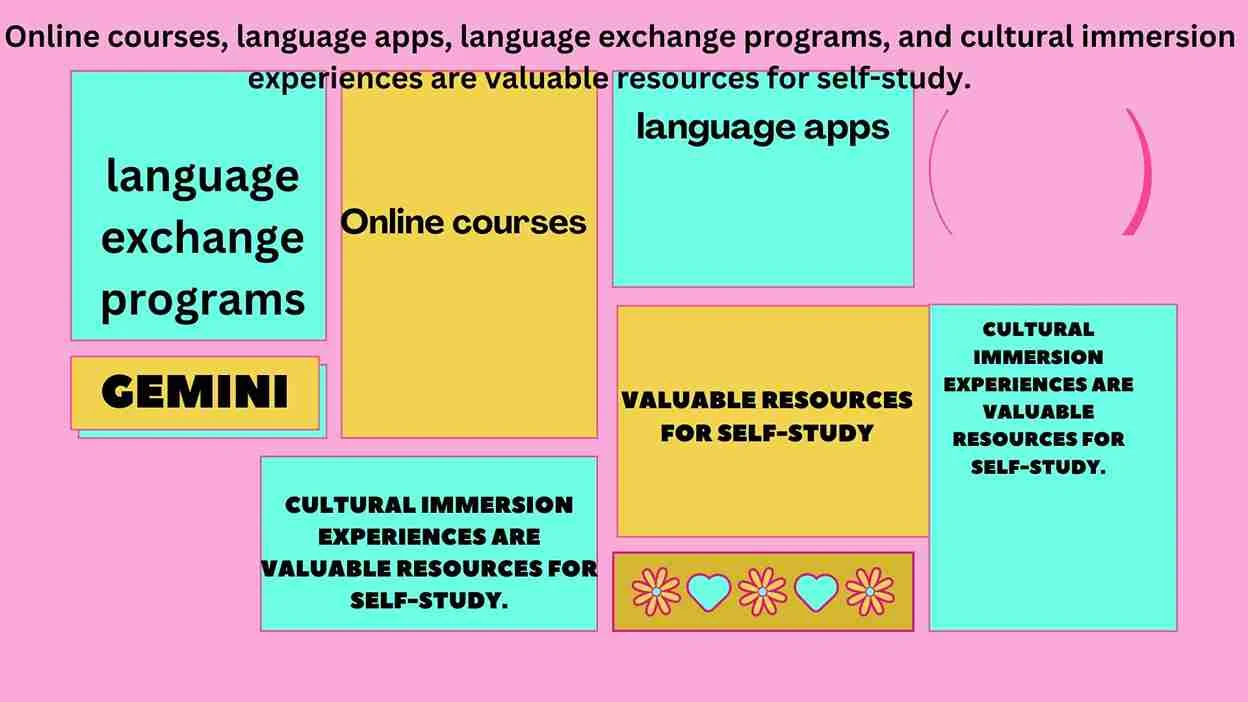What is the hardest language to learn and how can it be helpful for students?
Introduction
First of all we will have to understand the ''Myth of Language Difficulty'' and what is the ''Impact of Language Complexity'' on Students?
We have to know factors that make a language difficult. I am writing some important points for better understanding which are mentioned below.
1.Factors That Make a Language Difficult
A. Linguistic Complexity
B. Script and Writing System Challenges
C. Cultural and Contextual Nuances
2.The Contenders: Hardest Languages for Students
A. Mandarin Chinese
B. Arabic
C. Finnish
D. Hungarian
3.Why These Languages Are Challenging
A. Tonal Nature of Mandarin Chinese
B. Script Complexity in Arabic
C. Unique Grammar of Finnish
D. Syntactic Challenges in Hungarian
4.Coping Strategies for Students
A. Immersive Learning Experiences
B. Mnemonics and Memory Techniques
C. Leveraging Technology and Language Apps
5.The Benefits of Tackling Difficult Languages
A. Cognitive Development
B. Enhanced Problem-Solving Skills
C. Expanded Cultural Awareness
6.Overcoming Perceived Difficulty
A. Shifting Mindsets: Embracing the Challenge
B. Celebrating Small Victories
C. Building Supportive Learning Communities
7.Conclusion
A. The Journey of Language Learning
B. Encouragement for Students Taking on the Challenge
Here i tried to further elaborate mentioned above points one by one regarding (What is the hardest language to learn and how can it be helpful for students?)
The Myth of Language Difficulty:
The concept of a universally "difficult" language is a myth. However, some languages pose unique challenges for learners, often shaped by linguistic, cultural, and contextual factors.
Effects of Language Complexity on Students:
Understanding the factors that cause language difficulties is crucial for students who wish to navigate the complex world of linguistic diversity and proficiency.
Factors That Make a Language Difficult
Here are mentioned below some important factors that make a language difficult
Linguistic Complexity:
Languages with complex grammatical structures, varied phonology, and syntactic challenges can be difficult for learners.
.
Script and Writing System Challenges
The complexity of the writing system, including letters, scripts, and symbols, adds an additional layer of difficulty for language learners.
Cultural and contextual nuances:
Learners of languages deeply embedded in specific cultural contexts may need to understand cultural nuances for effective communication.
The Contenders: Hardest Languages for Students
Mandarin Chinese
Known for its tonal nature and character-based writing system, Mandarin Chinese presents a unique set of challenges..
Arabic
Arabic's prearranging intricacy, different phonetics, and social intricacies make it a considerable language to dominate.
3. Finnish
The unique grammar structure of Finnish, diverging from Indo-European languages, can be perplexing for learners.
4. Hungarian
Known for its complex syntax and grammar, Hungarian poses challenges that test the syntactic skills of language enthusiasts.
Why These Languages Are Challenging?
Here are some reasons why these languages are challenging.
The Tonal Nature of Mandarin Chinese The tonal nature of Mandarin requires the understanding and reproduction of subtle pitch variations, critical to accurate communication with learners.
Script Complexity in Arabic, Navigating Arabic's intricate script demands not only visual recognition but also an understanding of diacritical marks and pronunciation.
Unique Grammar of Finnish, Finnish deviates from familiar Indo-European structures, requiring learners to adapt to a distinct grammatical framework.
Syntactic Challenges in Hungarian, The complex word order and syntax in Hungarian demand a meticulous understanding of sentence structures.
what is the hardest language to learn for non English speakers? |
Coping Strategies for Students and Immersive Learning Experiences
Immersing oneself in the language through cultural experiences and interactions accelerates the learning process.
Mnemonics and Memory Techniques
Employing memory aids, mnemonic devices, and memory palaces can facilitate the retention of complex linguistic elements.
2. Leveraging Technology and Language App
Modern language learning apps and technology provide interactive platforms for practice and real-time feedback.
3. Cognitive Development
Mastering challenging languages stimulates cognitive functions, enhancing memory, problem-solving, and critical thinking skills.
4.Enhanced Problem-Solving Skills
Navigating linguistic complexities hones analytical and problem-solving abilities, valuable in various academic and professional pursuits.
5. Expanded Cultural Awareness
Learning challenging languages fosters a deeper understanding of diverse cultures, promoting global awareness and empathy.
6. Overcoming Perceived Difficulty
Shifting Mindsets: Embracing the Challenge
A positive mindset and a willingness to embrace challenges are essential for conquering the initial hurdles of language learning.
Celebrating Small Victories
Acknowledging and celebrating small milestones along the language learning journey boosts motivation and confidence.
Building Supportive Learning Communities
Engaging with fellow learners and creating supportive communities provide encouragement and shared learning experiences.
The Journey of Language Learning.
Embarking on the journey to master a challenging language is not just about acquiring linguistic skills; it's a transformative expedition that shapes cognitive abilities and broadens perspectives.
Encouragement for Students Taking on the Challenge
To students venturing into the realm of challenging languages, remember that each hurdle conquered brings you closer to linguistic mastery and a world of new opportunities.
I tried to write some queries in FAQs that can come in student minds. So I hope these queries will help you to understand the learning process of difficult languages.
FAQs
1. Can anyone learn a challenging language, or is it reserved for specific individuals?
- Anyone can learn a challenging language with dedication, perseverance, and effective learning strategies.
2. How long does it take to become proficient in a challenging language?
- The time required varies, but consistent practice and immersive experiences expedite the learning process.
3. Is it advisable to learn multiple challenging languages simultaneously?
- While challenging, it's possible with proper planning and time management; however, focusing on one at a time may yield better results.
4. Are there careers specifically requiring proficiency in challenging languages?
- Yes, careers in international relations, diplomacy, translation, and global business often value proficiency in challenging languages.
5. What resources are recommended for self-study in challenging languages?**
Online courses, language apps, language exchange programs, and cultural immersion experiences are valuable resources for self-study.

